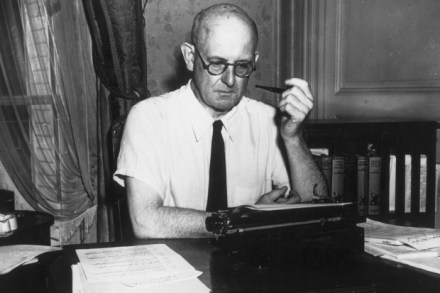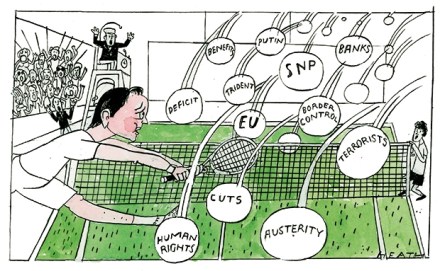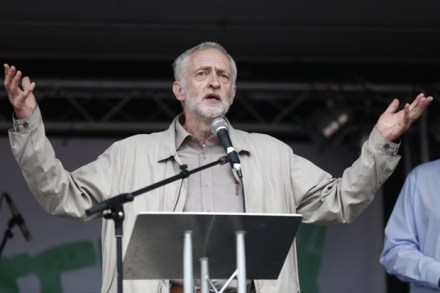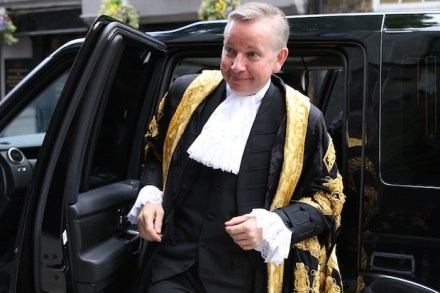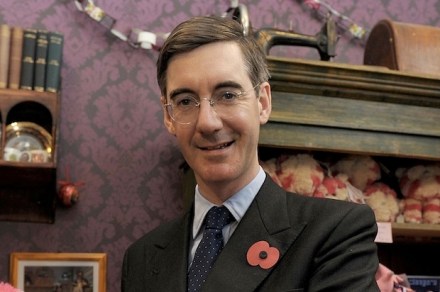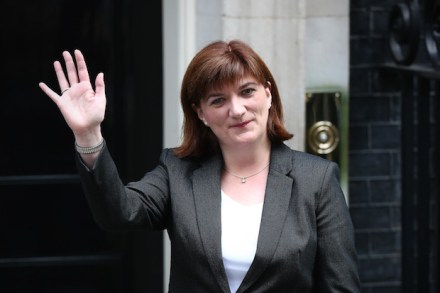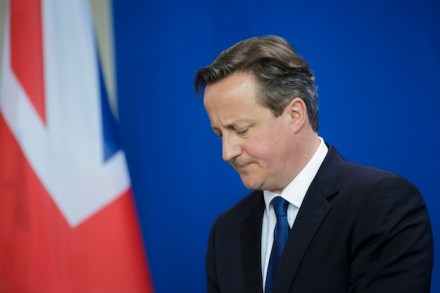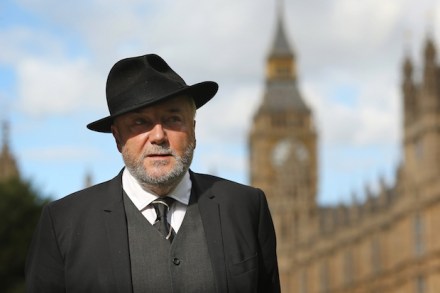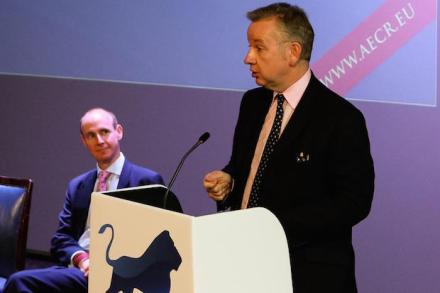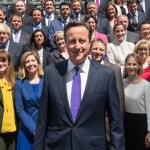Make politics more ‘transparent’ and politicians will become less honest
Here’s a sentence I never thought I would write: I feel sorry for Hillary Clinton. Following months of scandal over her email shenanigans (in a nutshell: she’s been using a private email address rather than her government one) she’s just had to hand her email server to the FBI. And anyone who has so much as a smidgen of the DNA that makes up the empathy gene must surely be thinking to him or herself: ‘Oof. Poor Hillary.’ Imagine having to pass every email you’d ever written — whether in jest, anger or horniness — to the powers-that-be, knowing they could be pored over in public. I know what I’ll



